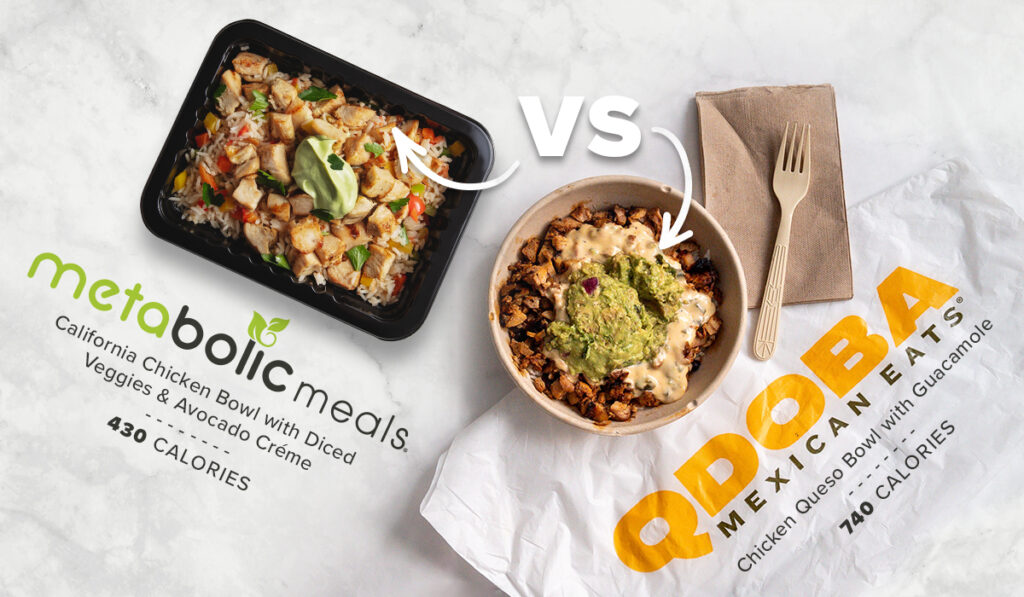
In today’s fast-paced world, maintaining a balanced diet can be challenging. Many Americans, pressed for time and convenience, turn to processed foods, which often lack essential nutrients. This dietary shift, limited variety in whole food consumption, and soil nutrient depletion have led to widespread nutrient deficiencies. Understanding these deficiencies and incorporating the right foods into your diet can significantly improve your health and well-being.
The Role of Processed Foods

Processed foods are prevalent in the modern American diet. While they offer convenience, they often come at the cost of nutrition. These foods are typically high in calories, inflammatory vegetable oils, sugars, and salt but low in essential nutrients like vitamins, minerals, and fiber. For example, refined grains like white bread and pasta are stripped of their natural fiber and vitamins. Sugary snacks and beverages can displace nutrient-dense options, leading to vital nutrients such as vitamin D, magnesium, and potassium deficiencies.
Lack of Whole Food Variety

A diet lacking in variety, particularly one that does not include a range of whole foods like fruits, vegetables, and quality proteins, can lead to significant nutrient gaps. Whole foods are rich in essential nutrients, antioxidants, and fiber. This is compounded by the fact that the average American only eats around 18 different foods throughout their life — many of which are not high quality.
Soil Nutrient Depletion

Modern agricultural practices have significantly contributed to soil nutrient depletion, affecting the nutrient content of crops. Monocropping, overuse of chemical fertilizers, and soil erosion all reduce the soil’s nutrient content. As a result, even when people consume fruits and vegetables, these foods might not be as nutrient-dense as they were in the past. For example, a carrot grown today may have fewer vitamins and minerals compared to one grown 50 years ago. It’s never been more important to know where your food comes from.
Common Nutrient Deficiencies and Their Impact
Protein
Importance: Protein is crucial for building and repairing tissues, making enzymes and hormones, and supporting immune function.
Deficiency Symptoms: Muscle wasting, weakened immunity, edema (fluid retention), and poor wound healing.
Foods to Combat: Chicken, turkey, beef, bison, elk, pork, salmon, cod, shrimp, cod, milk, cheese, yogurt, eggs, lentils, chickpeas, and black beans.
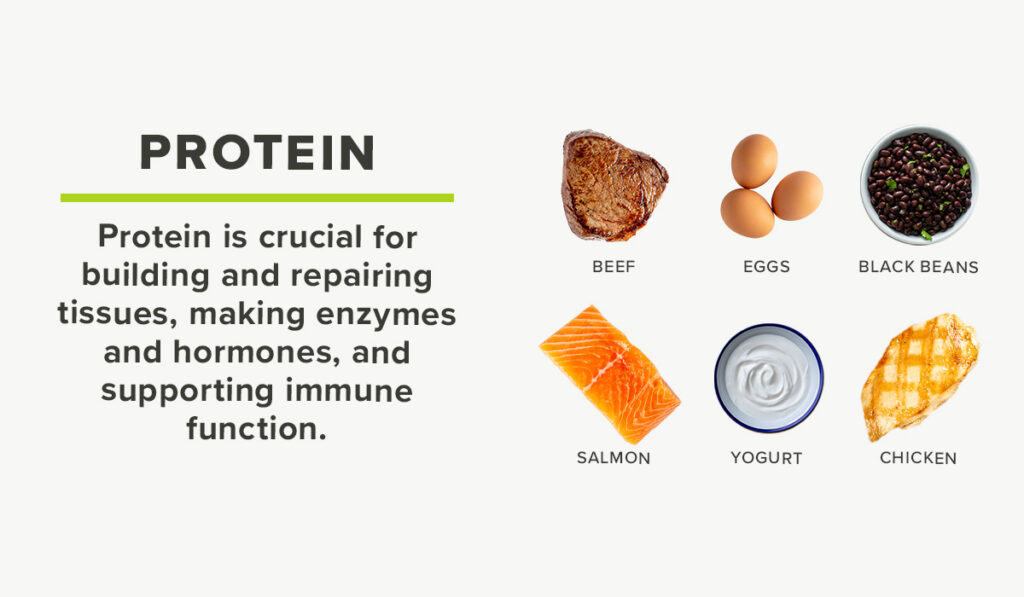
Zinc
Importance: Zinc is vital for immune function, wound healing, DNA synthesis, and cell division.
Deficiency Symptoms: Impaired immune response, hair loss, diarrhea, delayed wound healing, and loss of taste or smell.
Foods to Combat: Beef, bison, elk, lamb, pork, chicken, oysters, crab, lobster, cheese, milk, chickpeas, lentils, beans, pumpkin seeds, cashews, quinoa, oats, spinach, mushrooms, and dark chocolate.
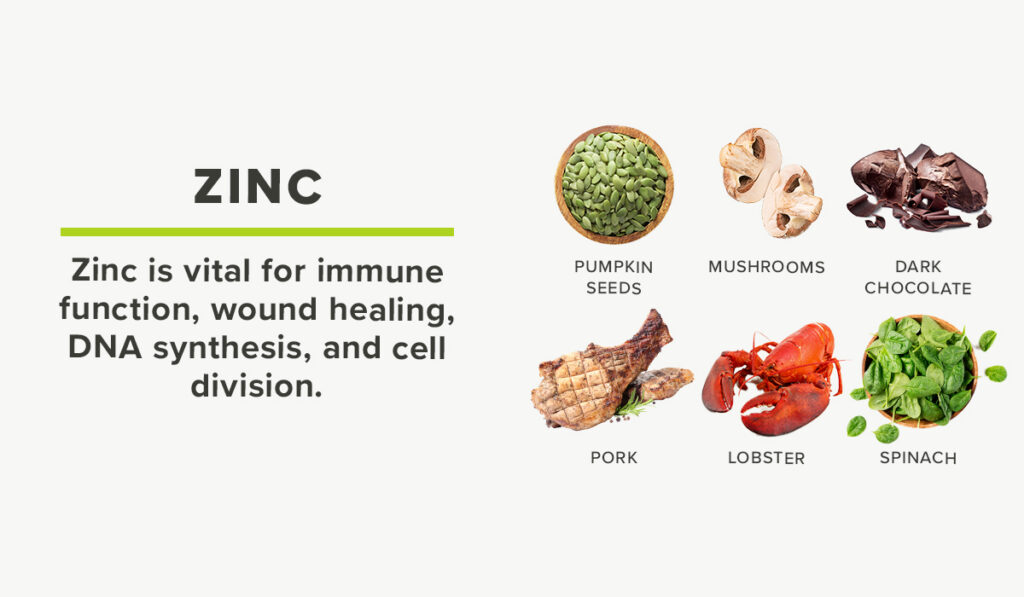
Magnesium
Importance: Magnesium is essential for muscle and nerve function, blood sugar control, blood pressure regulation, and insulin signaling.
Deficiency Symptoms: Muscle cramps, mental disorders, osteoporosis, fatigue, high blood sugar, and irregular heartbeat.
Foods to Combat: Almonds, cashews, kale, swiss chard, collards, broccoli, salmon, halibut, avocados, bananas, dark chocolate, and yogurt.
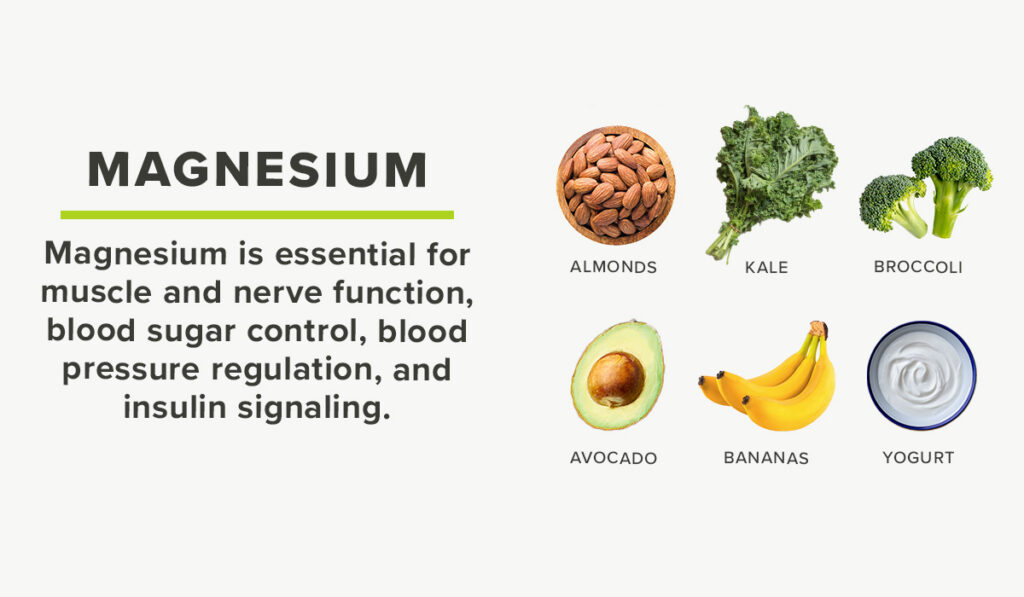
Vitamin B12
Importance: Vitamin B12 is critical for nerve function, red blood cell formation, detoxification, and DNA synthesis.
Deficiency Symptoms: Anemia, fatigue, weakness, constipation, loss of appetite, and neurological issues like numbness and tingling in the hands and feet.
Foods to Combat: Beef, Bison, Elk, liver, chicken, salmon, trout, tuna, clams, sardines, milk, cheese, yogurt, and eggs
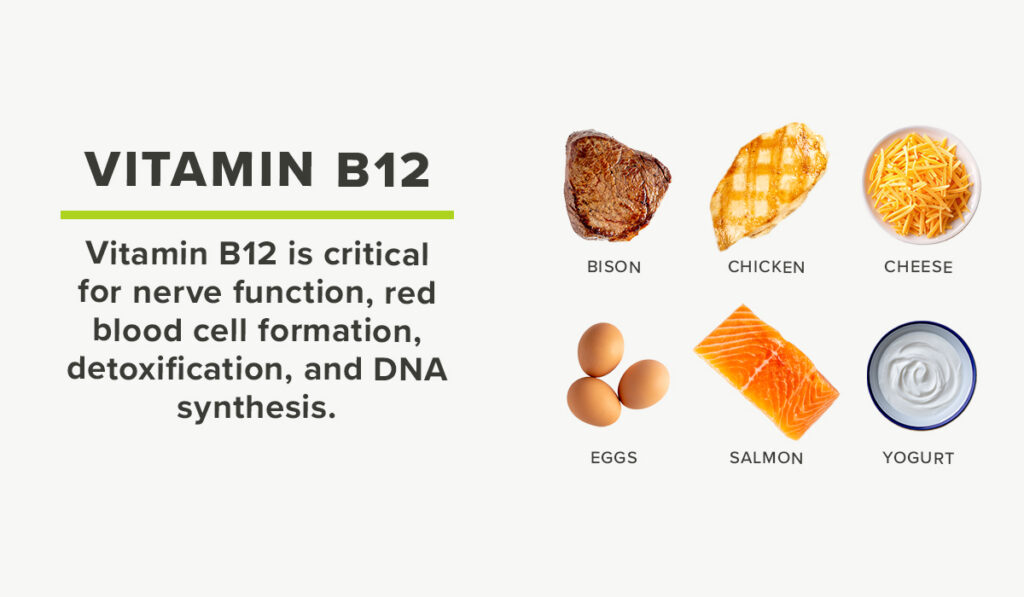
Vitamin D
Importance: Vitamin D is crucial for calcium absorption, bone health, immune function, and reducing inflammation.
Deficiency Symptoms: Bone pain, muscle weakness, increased risk of fractures, and in severe cases, rickets in children and osteomalacia in adults.
Foods to Combat: Salmon, mackerel, sardines, trout, cod liver oil, fortified milk, fortified orange juice, egg yolks, and mushrooms exposed to sunlight or UV light.
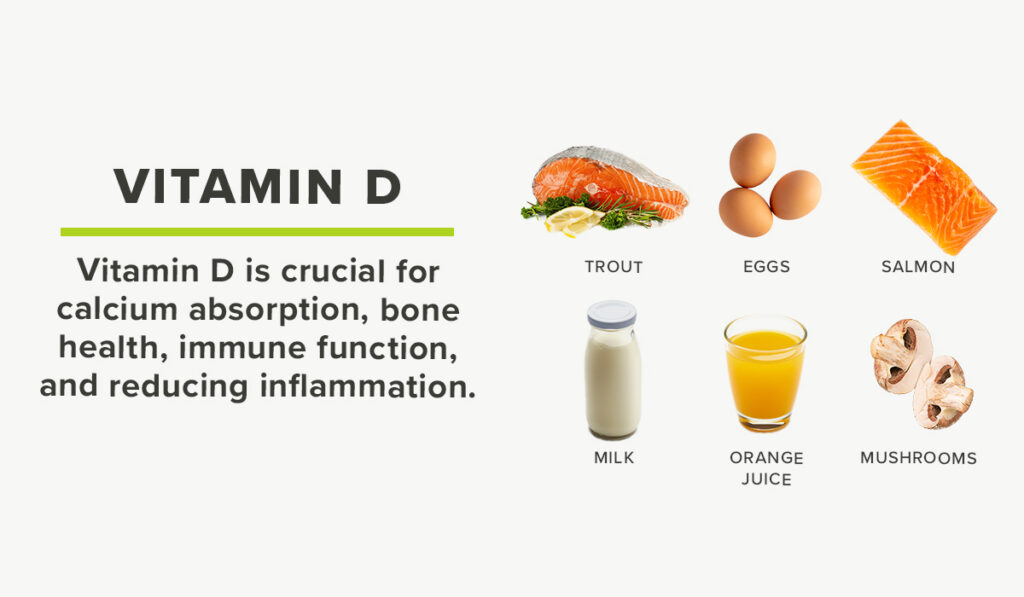
Vitamin K
Importance: Vitamin K is necessary for Mitochondrial function, blood clotting, and bone health.
Deficiency Symptoms: Low energy, easy bruising, excessive bleeding from wounds or surgical sites, heavy menstrual periods, and in severe cases, bleeding in the stomach or brain.
Foods to Combat: Kale, spinach, collard greens, Swiss chard, turnip greens, broccoli, Brussels sprouts, cabbage, parsley, cilantro, asparagus, green beans, lettuce, prunes, and kiwi.
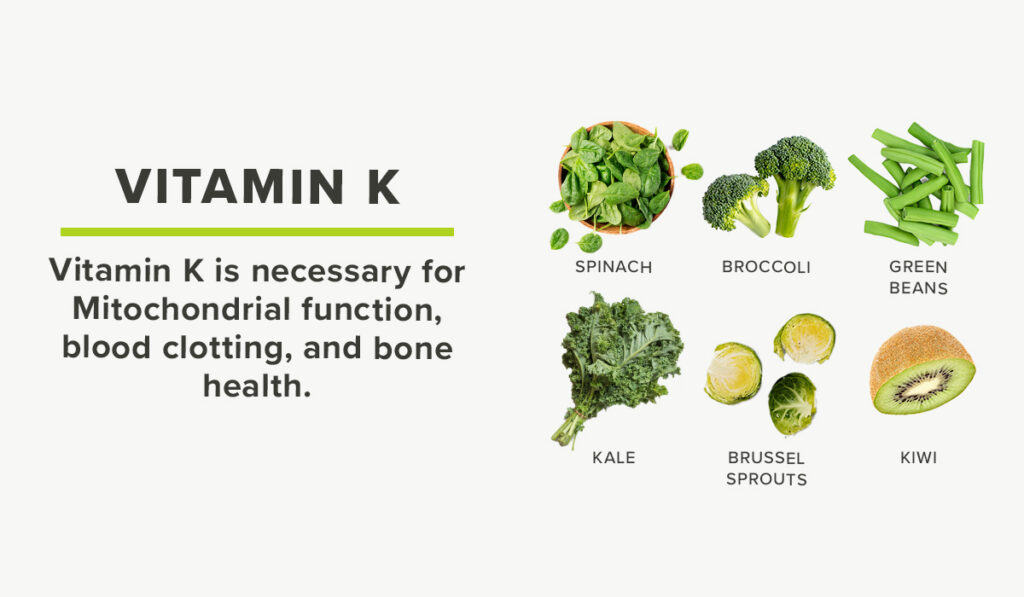
Importance of Rotating Your Foods
Rotating your foods is crucial for preventing nutrient deficiencies and promoting overall health. Eating a diverse diet ensures you receive a wide range of nutrients that different foods offer. Each food type has a unique nutrient profile, and relying on a limited number of foods can lead to missing out on essential vitamins and minerals. For instance, while spinach is rich in iron and vitamin K, it lacks significant amounts of vitamin C and omega-3 fatty acids, which are abundant in other foods like citrus fruits and fatty fish.
Moreover, rotating foods helps to prevent the build-up of potentially harmful substances that can accumulate when consuming the same foods repeatedly. It also supports gut health by promoting a diverse microbiome essential for digestion and overall immune function.
In conclusion, by understanding the importance of these nutrients and making informed food choices, you can avoid the common nutrient deficiencies that are harming your health. Prioritize whole, unprocessed foods, diversify your diet, and be mindful of the quality of the soil from which your food comes. Your body will thank you for it.







